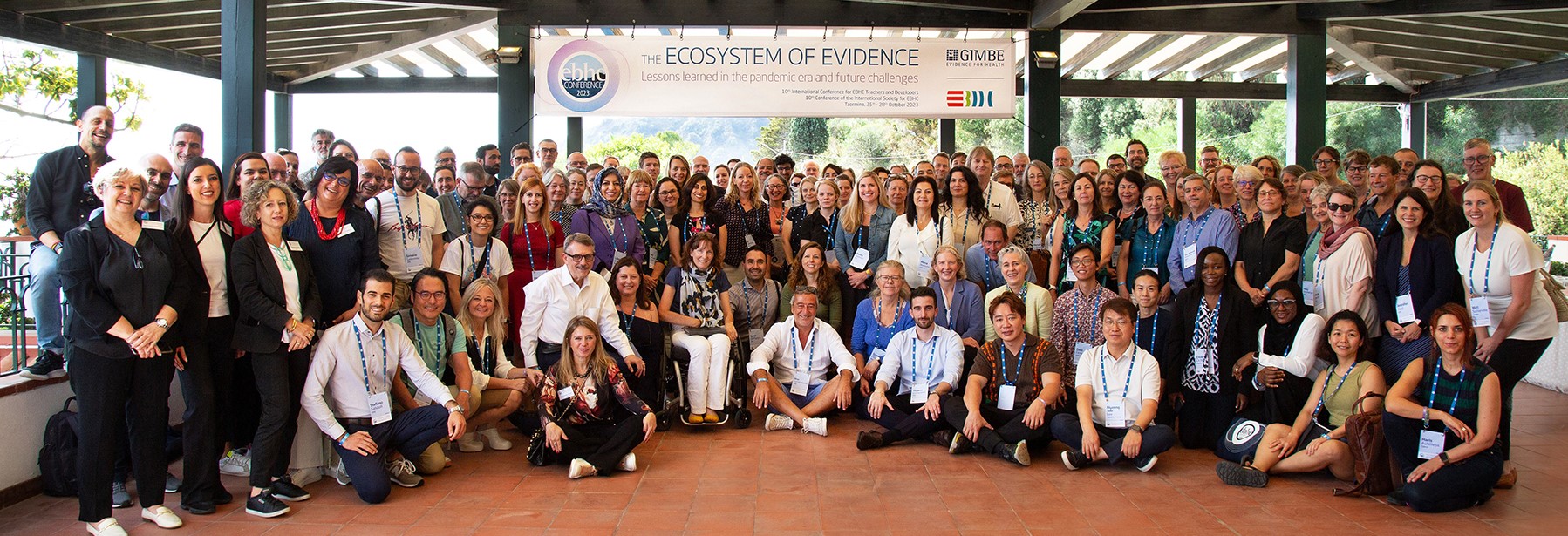At the 10th International Conference for Evidence-Based Health Care Teachers & Developers, joint meeting with the 10th Conference of the International Society for Evidence-Based Health Care (ISEHC), internationally renowned EBHC champions will trace the way forward through the ecosystem of evidence, dozens of researchers will present the findings from their studies, and their experience teaching and disseminating EBHC.
Scientific Board
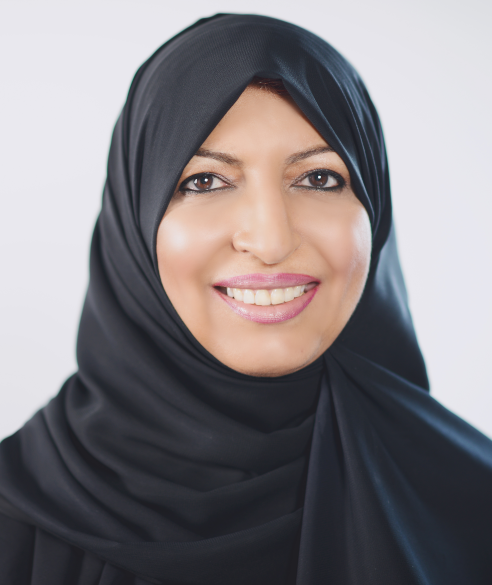
-

King Saud University
Saudi ArabiaThe British Medical Journal
Lubna Al-Ansary is one of the pioneers of family medicine, evidence-based healthcare and knowledge translation in Saudi Arabia and the MENA region and collaborates with WHO-EMRO in many regional projects. She is a Cochrane author and contact editor, a founding member of the International Society for Evidence-based Healthcare (ISEHC), a member of the Board of Trustees of the Guidelines International Network (GIN) and the MENA Health Policy Forum.
Being recognized for her work in healthcare as well as human rights, Lubna has become a member of the Consultative Council (Majlis Al-Shura), which is the ‘Appointed Parliament’ in KSA, from Jan 2013 - Nov 2016 as one of the first women MPs ever and has represented Saudi women MPs at the Inter-Parliamentary Union for the first 2 years. In May 2017, she was seconded to the Ministry of Economy and Planning to be the Secretary General of the National Population Committee for 6 months only. From Oct 2017 – April 2019 she has joined the WHO Leadership team as an Assistant Director General for Health Metrics and Measurement. She was the first Arab woman to serve in this position and was based in Geneva, Switzerland.
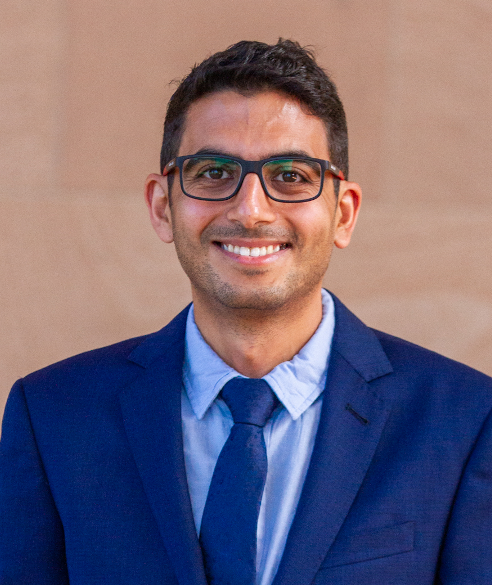
-

Loai Albarqouni
Bond University
Australia
Loai is an Assistant Professor and NHMRC Emerging Leader Fellow at the Institute for Evidence-Based Healthcare at Bond University. He is a medical doctor (MD) from Palestine and completed an MSc in Clinical Epidemiology at the Ludwig Maximilian University of Munich, and a PhD in Evidence-Based Practice at Bond University in 2019. His research expertise includes evidence synthesis, evidence-informed healthcare, improving the uptake of effective non-drug interventions in primary care, and reducing overdiagnosis and overuse of unnecessary healthcare services.
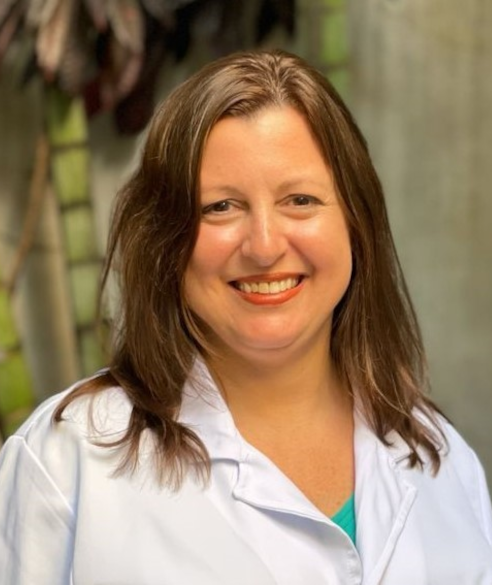
-

Suzana Alves
Hospital do Coração
Brazil
Suzana is a Brazilian Cardiologist and Epidemiologist, founder and organizer of the Brazilian Evidence-Based Clinical Practice Workshop series started in 2006, in partnership with McMaster University and The New York Academy of Medicine. She is the head of the Medical Intelligence department of HCor, São Paulo and is the Manager Partner of the Alicerce Institute.
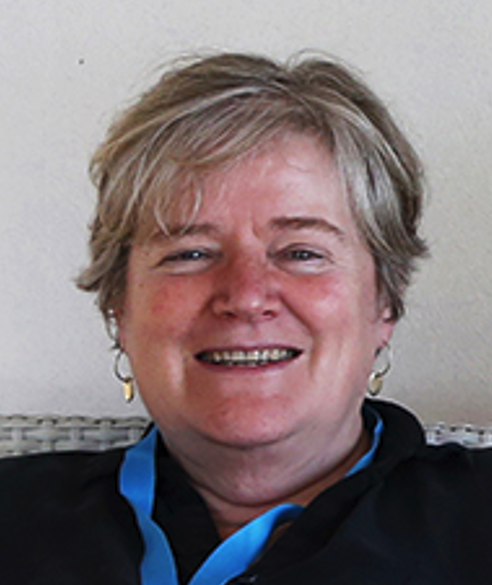
-

Amanda Burls
City University of London
United Kindom
Amanda Burls is a Professor of Public Health at the School of Health Sciences, City University London. Amanda’s special interests are evidence-based health practice and public and patient involvement in health decisions and health research. She directs a research programme called ThinkWell (The International Network for Knowledge about Wellbeing). ThinkWell is a charity that aims to help patients and the public take control of their own health and health research. Amanda is one of the trustees of this charity.
Amanda has worked with the Critical Appraisal Skills Programme (CASP) since its establishment in 1993. She continues to support CASP and is on its advisory committee. Amanda is also a founder member of, and still works with, the CASP International Network.

-

Nino Cartabellotta
GIMBE Foundation
Italy
Nino Cartabellotta, MD, specialised in Gastroenterology and Internal Medicine, is the president of the GIMBE Foundation, which since 1996 has promoted the integration of the best scientific evidence into all political, managerial, and professional decisions concerning peoples’ health. An Italian pioneer of Evidence-based Practice (EBP), he is today recognized as one of the most authoritative experts on research and health in our country, thanks to his cross-cutting skills that concern all levels of the health care system.
He is the scientific coordinator of the institutional programs of the GIMBE Foundation: Let’s save our NHS, aimed at safeguarding a public, equitable, and universal health care service, and GIMBE4young, born to spread the culture of EBP among future health professionals. He is in charge of publishing the "Report on the Italian NHS" and he’s coordinator of the GIMBE Observatory on the NHS for a continuous and independent monitoring of the responsibilities and actions of all health care stakeholders with the ultimate goal of using public money wisely and protecting the health of citizens. He is the scientific responsible of GIMBEducation, the training plan of the GIMBE Foundation.
Since 2001, he has coordinated and organized the International Conference for Evidence-based Health Care Teachers and Developers in Italy, in its 10th edition scheduled in October 2023 as Joint meeting with the 10th ISEHC Conference.
Since February 2020 he has been the scientific responsible of the GIMBE program for the independent monitoring of the COVID-19 pandemic and the vaccination campaign.
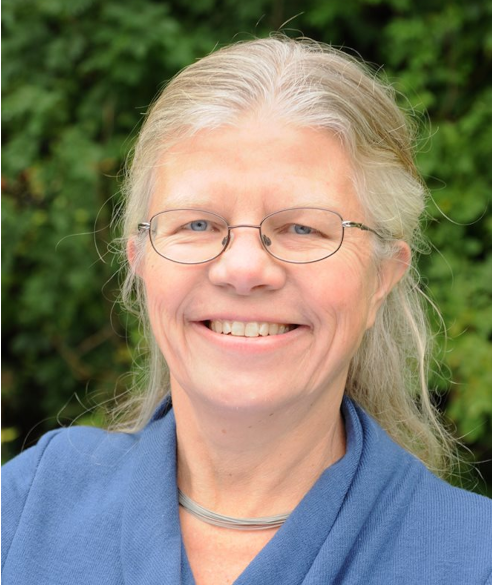
-

Signe Flottorp
Norwegian Institute of Public Health
Norway
Signe Flottorp is research director at Norwegian Institute of Public Health, and member of the Centre for Epidemic Interventions Research (CEIR) in the Division for Health Services. Signe worked as a general practitioner until 2013, and is senior researcher at Department of General Practice, University of Oslo. She has worked with health services research since 1994, focusing on ways to support informed health choices through systematic reviews, dissemination of research findings, knowledge translation and implementation research. She is an editor of the Cochrane Effective Practice and Organisation of Care (EPOC) review group and associate editor of Implementation Science. She has participated in the GRADE working group since the start, contributing to the GRADE approach to assess certainty of evidence and strength of recommendations, and she is a member of the GRADE guidance group. She was chair of the Board of Health and Care Services Research in The Research Council of Norway 2008-2015. She is chair of the Norwegian Harkness Committee.
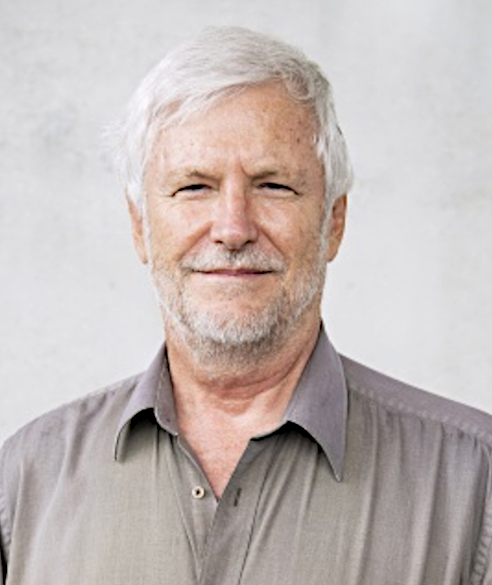
-

Paul Glasziou
Bond University
Australia
Professor Paul Glasziou is Director of the Institute for Evidence-Based Healthcare at Bond University and was the Director of the Centre for Evidence-Based Medicine in Oxford from 2003-2010. His key interests include identifying and removing barriers to using high quality research in everyday clinical practice and improving the clinical impact of research by reducing the more than $85 Billion annual loss from unpublished and unusable research (Chalmers, Glasziou, Lancet 2009). He co-founded the International Society for Evidence-based Health Care and the RACGP's Handbook of Non-Drug Interventions. He has authored over 600 peer-reviewed journal articles and 7 books.

-

Gordon Guyatt
McMaster University
Canada
Gordon Guyatt is a McMaster University Distinguished Professor. His work, focused on Evidence-based Medicine, has resulted in over 1,500 peer-reviewed publications cited over 175,000 times - making him one of the world’s 20 most cited researchers – and had a profound impact on medical practice worldwide.
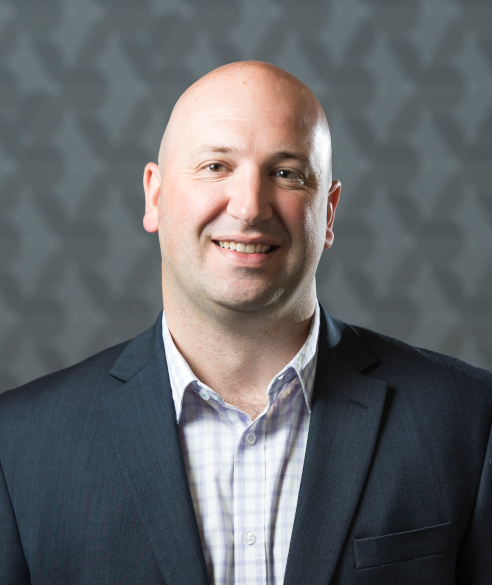
-

Dragan Ilic
Monash University
Australia
Professor Dragan Ilic is the Deputy Head of School (Education), Director, Teaching & Learning and Head, Medical Education Research & Quality (MERQ) unit at the School of Public Health & Preventive Medicine (SPHPM). Dragan is responsible for overseeing the education portfolio at the SPHPM. He is a board member of the International Society of Evidence-based Health Care (ISEBHC), and member of the Australian and New Zealand Association of Health Professions Educators (ANZAHPE). He sits on a variety of health professions journals, including the Journal of Continuing Education in the Health Professions as Reviews Editor.

-

Tiziano Innocenti
GIMBE Foundation
Italy
He is a physiotherapist specialist in the Rehabilitation of Musculoskeletal Disorders and a PhD Candidate at the Department of Health Sciences, Amsterdam Movement Sciences research unit, Vrije Universiteit Amsterdam in the field of meta-epidemiology.
He is a lecturer in the field of research methodology at the University of Genoa, the University of Rome Tor Vergata and the Professional University School of the Italian Switzerland (SUPSI).
He is a faculty member of the GIMBE Foundation in the areas of Evidence-based Practice and Research Methodology, and he is also a Member of the Scientific Committee of the Foundation.
He has published scientific articles in peer-reviewed journals in the fields of meta-research and rehabilitation science; in 2022, he collaborated as an Evidence Reviewer in the development of the World Health Organization Low Back Pain Guidelines.
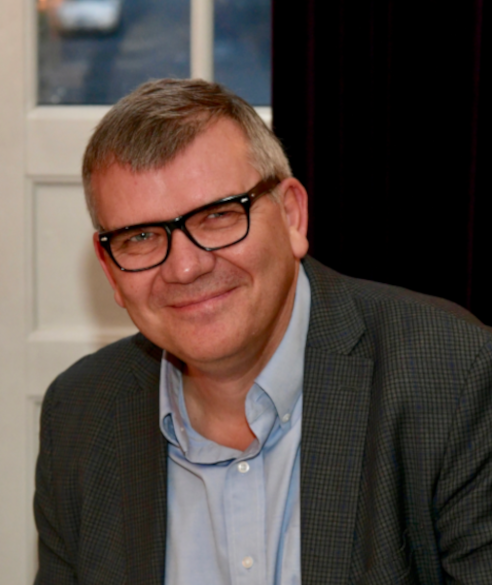
-

Hans Lund
Western Norway University of Applied Sciences
Norway
Hans Lund is professor at Section for Evidence-Based Practice at Western Norway University of Applied Sciences, Bergen, Norway. Hans Lund has been promoting and teached evidence-based practice for more than 25 years. Currently Hans Lund is chair of the European Union based COST Action EVBRES (see: evbres.eu) that promotes the use of an evidence-based approach when researchers are planning new research and when new results are interpreted in the context of existing evidence.
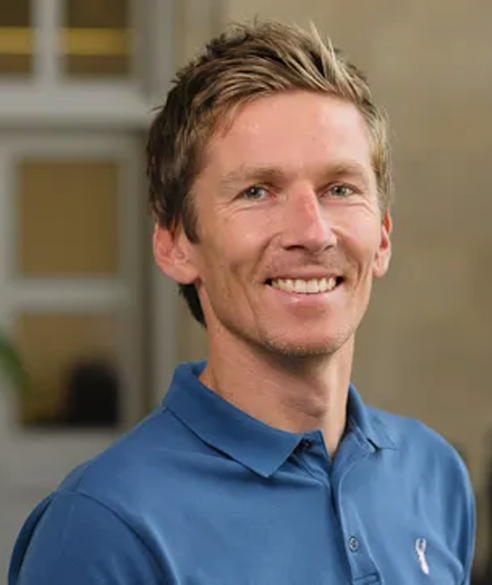
-

David Nunan
University of Oxford
United Kingdom
David has been working in academia since 2000, with a focus on clinical care and evidence-based medicine since 2010. Upon completion of his PhD, he joined the Centre for Evidence-Based Medicine and his role is now divided between research, teaching and outreach activities.
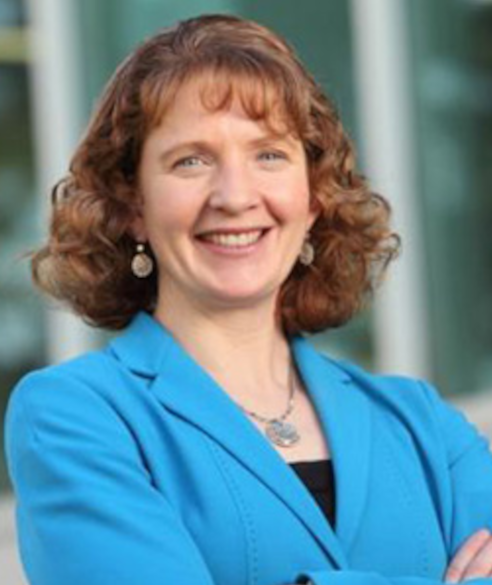
-

Julie Tilson
University of Southern California
USA
Julie Tilson is a Professor of Clinical Physical Therapy at the USC Division of Biokinesiology and Physical Therapy, Director of the USC DPT program and Associate Chair of DPT Education. She specializes in understanding the most effective methods for translating rehabilitation research into clinical practice. Dr. Tilson teaches evidence-based practice in USC’s doctor of physical therapy program and to clinicians nationally and internationally. Her curricula emphasize active learning and the integration of scientific research, clinical expertise and patient perspectives into clinical decision making.
Dr. Tilson is co-author of Evidence Based Physical Therapy, 2nd ed. (FA Davis, 2019) and has authored more than 30 peer-reviewed publications. Her clinical area of specialty is vestibular rehabilitation and she is a board-certified specialist in neurologic physical therapy.

-

Peter Tugwell
University of Ottawa
Canada
Dr. Peter Tugwell is Professor of Medicine, and Epidemiology & Public Health at the University of Ottawa. He holds the Canada Research Chair in Health Equity. He is a staff physician and practicing rheumatologist at the Ottawa Hospital, Ottawa, Canada.
In 2001, Dr. Tugwell took the post of Director for the Ottawa Centre for Health Equity at the University of Ottawa. He has built a research program and multidisciplinary team around his Canada Research Chair in Health Equity.
Dr. Tugwell is co-director of a WHO Collaborating Center for Knowledge Translation and Health Technology Assessment in Health Equity as well as a member of the Organizing Committee of OMERACT (Outcome Measures in Rheumatology Clinical Trials). Dr. Tugwell is the Coordinating Editor of the Cochrane Musculoskeletal Review Group, and is the and is Founding Co-convenor of the Cochrane Health Equity Field/Campbell Equity Methods Group and serves on the Steering Committee of the Campbell Collaboration.
In 2013, His Excellency the Right Honourable David Johnston, Governor General of Canada appointed Dr Tugwell to the rank of Officer of the Order of Canada, the second-highest ranking conferred by Canada. The Officer appointment recognizes a lifetime of achievement and merit of a high degree, especially in service to Canada or to humanity at large. Dr Tugwell was recognized for his contributions as an epidemiologist reducing global disparities in health care access.
Dr. Tugwell's publication record includes over 900 journal articles, monographs, and book chapters.

-

Per Vandvik
University of Oslo
Norway
Dr Per Olav Vandvik is a hospital-based internist and health research methodologist based in Oslo, Norway. He is also Professor of Medicine at the University of Oslo. His academic interests focus on evidence synthesis, appraisal, guideline methodology, dissemination, access and use at the point of care, to enhance evidence-based practice and shared decision- making.
Dr Vandvik is co-founder and Chief Executive Officer of the MAGIC Evidence Ecosystem Foundation (MAGIC, www.magicevidence.org), a non-profit organization supporting development of digitally structured guidelines, evidence summaries and decision aids to clinicians and patients through the MAGIC online authoring and publication platform (www.magicapp.org). On behalf of MAGIC, he also co-steers the BMJ Rapid Recommendations, an international collaboration with the BMJ to accelerate evidence into practice through trustworthy recommendations. Within the context of the COVID-19 pandemic and infodemic, Dr.Vandvik and MAGIC is devoted to providing solutions to critical challenges with clinical practice guidelines, through trustworthy and living evidence and guidance. Under the leadership of Dr.Vandvik, MAGIC provides methodological support, MAGICapp and BMJ Rapid Recommendations for the WHO living guideline on COVID-19 drugs. Dr. Vandvik was a Trustee of the Board for the Guideline International Network (G-I-N) from 2014 until 2020 and has recently led their Webinar committee resulting in 4 presentations focused on the COVID-19 pandemic. He is also co-chair of the Working Group for Guidelines and HTA in COVID-END that involves more than 60 partner organisations.
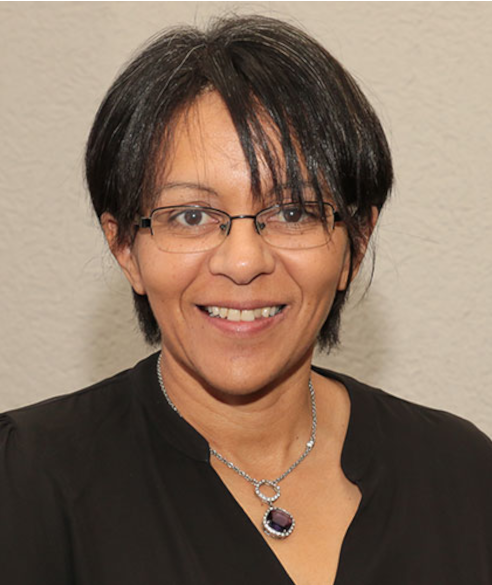
-

Taryn Young
Stellenbosch University
South Africa
Taryn Young has expertise in evidence-informed healthcare, specialism in public health, strong leadership skills and a driving passion to engage and enhance the capacity of students, researchers as well as key decision-makers to break the barriers to successful application of research evidence findings to healthcare. She leads the Centre for Evidence-based Health Care and heads the Division of Epidemiology and Biostatistics at the Faculty of Medicine and Health Sciences at Stellenbosch University. She collaborates with various institutions to promote evidence-informed practice and policy in Africa, taking into account its unique attributes and the relevance of proposed activities.
About GIMBE Foundation
The mission of GIMBE Foundation is to strengthen continuing medical education of health professionals as self‐directed lifelong learning process integrated into clinical practice; improve methodological quality, ethics, integrity and social value of health research; translate the best evidence into professional, managerial and political decision‐making; enhance the quality of healthcare in terms of safety, efficacy, appropriateness, equity, consumer involvement, efficiency.
www.gimbe.org
About ISEHC
The International Society for Evidence-Based Health Care exists to foster and promote EBHC globally within the environment of a recognized organization, bringing together and strengthening efforts started in different countries. Such integrated environment may provide a context of continuous exchange and contribution within which resources and principles of EBHC may be achieved in a way that amplify their use and effectiveness worldwide.
www.isehc.net
The scientific board whish to thank all authors who submitted their works. Abstract submission is now closed.
Authors will receive the notification of abstracts fate within 31st March 2023.
For enquiries: 2023@ebhc.org
Evidence generation
Experiences or methodologies to increase value, reduce waste and ensure the integrity of research according to REWARD recommendations areas. Methods and tools to generate evidence that reflects new needs highlighted in a pandemic era.
-
Increase research relevance
- Involving clinicians, patients and policy-makers to define priority and design primary research
- Justifying and designing research with reference to systematic reviews of existing evidence
- Designing studies to extract real world evidence (pragmatic trials, big data)
-
Improve research design, conduct and analysis
- The platform trials design
- Taking adequate steps to reduce biases
- Improving replication of preliminary research results
-
Guarantee an efficient research regulation and delivery
- Regulating research efficiently and effectively
- Conducting research efficiently
- Re-using and repurposing data
- Open science and research integrity
-
Provide accessible, full research reports
- Reducing publication bias
- Reporting studies with disappointing results
- Using guidelines for research reporting
-
Produce unbiased and usable research reports
- Describing study interventions
- Reducing outcome reporting bias
- Interpreting research in the context of existing evidence
- Improve researchers’ rewards and recognitions
- Renewing research recognitions and rewards system
Evidence synthesis
Methodologic challenges of systematic reviews, clinical practice guidelines (CPGs), health technology assessment (HTA) reports
Methods and tools to address the need for up-to-date evidence in the post-pandemic era.
- Answering to the time-sensitive needs of the health decision-makers, ensuring methodological rigor: the rapid review challenge
- Methods for conducting evidence synthesis
- Using artificial intelligence and machine learning in searching, retrieving, and assessing the evidence
- Improving conduct and reporting of evidence syntheses
- Living Systematic Reviews and Clinical Practice Guidelines
- Assessment tools for evidence synthesis
- Creation, publication and updating of synthesis in the digital age
- Consumer and patient involvement in evidence synthesis
- Assessing and managing conflicts of interest in evidence synthesis
Evidence translation
Experiences or methodologies to integrate the best evidence in healthcare decisions and communication.
Methods and tools to implement recommendations in the real world and to promote knowledge translation after the pandemic era.
- Priority setting for evidence translation
- Local adaptation of clinical practice guidelines
- Using machine learning and artificial intelligence in evidence translation
- Dissemination and implementation of care pathways, including use of digital tools
- Designing research to evaluate the effect of dissemination and implementation strategies
- Quality improvement methods and performance measurements
- Building capacity for evidence dissemination and implementation
- Reducing overuse and underuse in healthcare
- Changing professional behaviours
- Evidence-based policymaking
- Advocating for evidence
- Patient and public involvement in health and social care
Evidence teaching and communication
Experiences, insights or methodologies to communicate evidence to patients and the public and to teach EBHC to students and healthcare professionals.
Methods and tools to promote evidence literacy and knowledge communication after the pandemic era.
- Methods and tools for teaching EBHC
- Teaching EBHC before and after the pandemic: opportunities and barriers
- Distance EBP teaching/learning
- Strategies to contrast the spread of fake news in the pandemic era
- Experiences in using the new ISEHC website of EBHC resources
- Strategies for small group learning and for large group sessions
- Strategies for understanding and presenting results and applicability
- Ways of communicating key EBHC concepts
- Tools to promote evidence literacy and shared decision-making: patient decision aids, social media, evidence-based journalism


